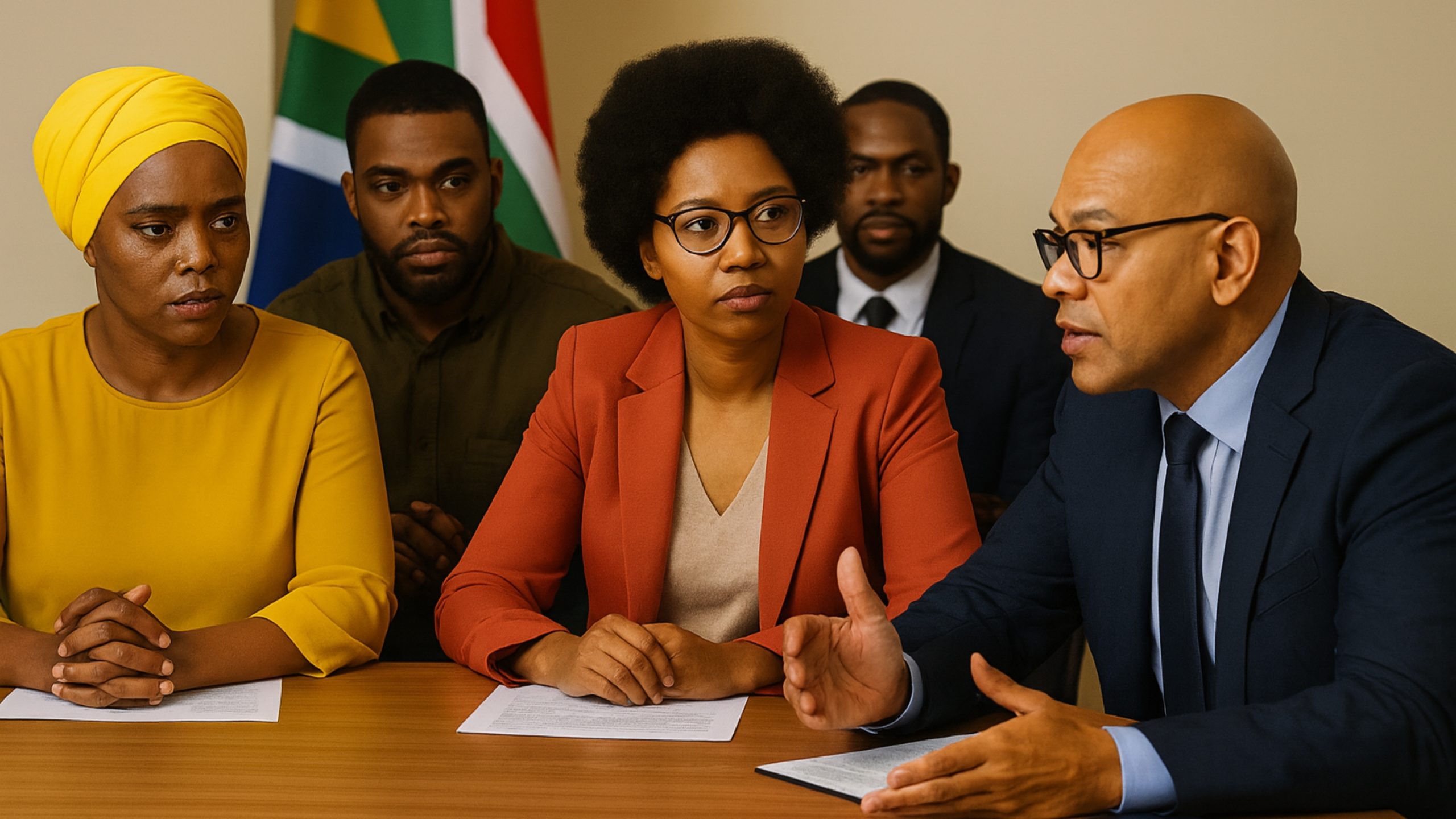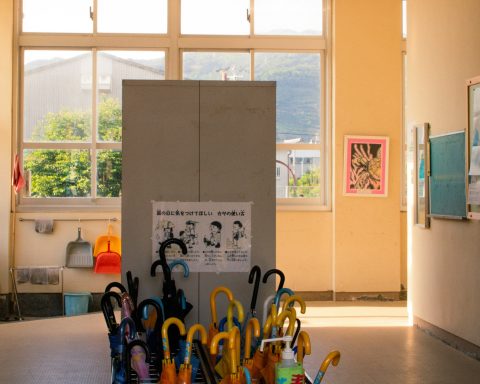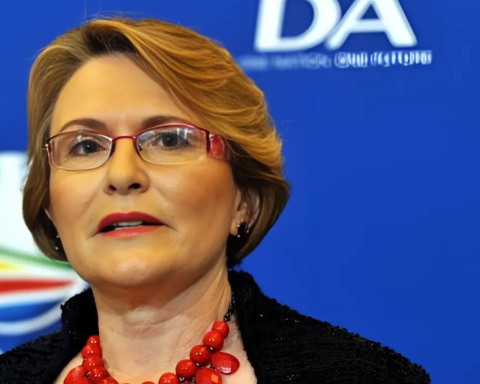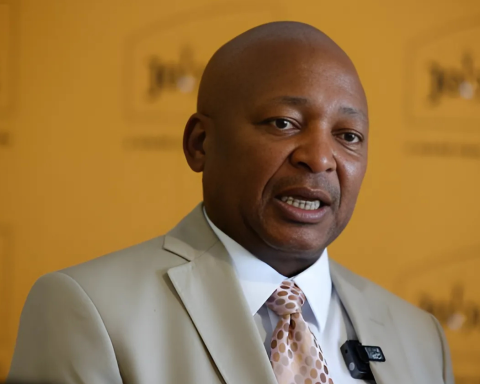The Joburg coalition political drama is intensifying as several minority parties within the Government of Local Unity (GLU) threaten to withdraw their support. Their frustration stems from alleged exclusion in key decision-making processes by larger coalition partners.
They specifically point to their absence in budget discussions and high-level planning meetings. According to them, this exclusion undermines the principles of fair collaboration that were originally agreed upon when the coalition formed.
Minority Voices Demand Inclusion
Smaller political parties within the coalition argue that their support is being taken for granted. They have issued a firm warning: if the current leadership does not include them in strategic governance matters, they will withdraw their support. This would put the coalition’s fragile control of the metro at serious risk.
The dispute has raised concerns about the functionality and future of multiparty governance in Johannesburg. Without consensus, internal disputes could paralyse service delivery.
Political Uncertainty Threatens Governance
The Joburg coalition political drama could affect everything from municipal staffing to long-term planning. Johannesburg has seen repeated leadership changes since 2021, many triggered by the collapse of previous coalitions.
Some analysts believe the frequent instability reveals deep flaws in local political collaboration. Others argue stronger agreements and oversight could stabilise future arrangements.
As tensions rise, all eyes remain on whether the coalition will hold—or if Johannesburg faces another round of political upheaval.






